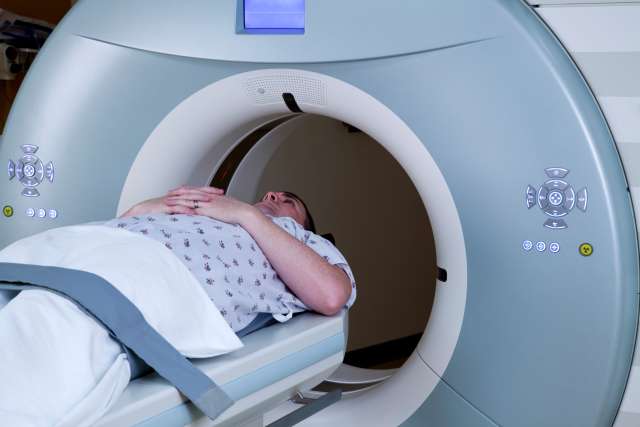A Phase 3 trial showing positive results for a drug given to breast cancer patients who have low levels of the HER2 protein is “immediately practice-changing,” UCLA’s Sara A. Hurvitz, MD, writes in an on Wednesday.
In the DESTINY-Breast04 trial, the results of which were patients with HER2-low metastatic breast cancer who had received one or two lines of chemotherapy previously were given trastuzumab deruxtecan. Among the 494 patients who had hormone receptor-positive disease, the median progression-free survival was 10.1 months, while overall survival was 23.9 months. Among the physician’s choice group, which received chemo, the median progression-free survival was 5.4 months, and overall survival 17.5 months.
“The implications of the results of the DESTINY-Breast04 trial by Modi et al in this issue of the Journal are difficult to overstate,” Hurvitz wrote in her commentary. “Immediately practice-changing, these data show that a human epidermal growth factor receptor 2 (HER2)–directed therapy, trastuzumab deruxtecan, leads to significant and striking improvements in both progression-free survival and overall survival as compared with chemotherapy among patients with metastatic breast cancer with low expression of HER2.”
Hurvitz, who’s a Professor of Medicine at the David Geffen School of Medicine at UCLA and is a member of the UCLA Jonsson Comprehensive Cancer Center, says the published paper, led by Shanu Modi, MD, of the Memorial Sloan Kettering Cancer Center in New York and several co-authors, will generate debate on what level of HER2 expression there needs to be for treatment to be effective.
“One critical question generated by these data is the threshold of HER2 expression needed for antitumor activity with trastuzumab deruxtecan. It is interesting that no clear evidence suggests that the level of expression determined by an immunohistochemical (IHC) assay is associated with benefit from trastuzumab deruxtecan. In the DESTINY-Breast04 trial, outcomes were similar in patients with a score of 1+ on IHC analysis and those with a score of 2+. Furthermore, promising antitumor activity was observed with trastuzumab deruxtecan in tumors without any detectable HER2 on IHC analysis in the DAISY trial.”
“Although false negative results or heterogeneous expression might explain this finding, another possibility is that the level of HER2 expression required for activity of trastuzumab deruxtecan is lower than the sensitivity of the IHC assay,” Hurvitz adds. “ Indeed, ubiquitous low expression of HER2 (on the basis of messenger RNA and protein) has been reported in all breast cancers.4 If breast cancers all express enough HER2 for trastuzumab deruxtecan to have efficacy, then a reliable test for low expression of HER2 is unnecessary.
“Herein lies the dilemma. In order to know the threshold of expression for sensitivity to trastuzumab deruxtecan, a reliable, sensitive quantitative assay is needed.”



